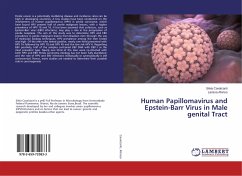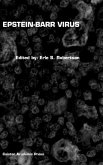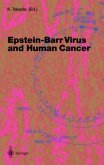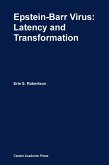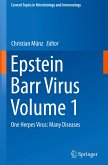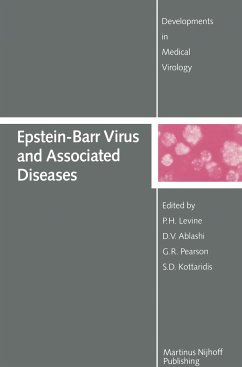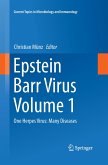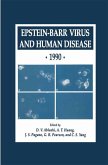Penile cancer is a potentially mutilating disease and incidence rates can be high in developing countries. A few studies have been conducted on the involvement of human papillomavirus (HPV) in penile carcinoma, which have found HPV present half of penile malignant lesions, with a higher prevalence of HPV 16 and 18. It has been assumed that cofactors, such as Epstein-Barr virus (EBV) infections, may play a role in the progression of penile neoplasia. The aim of this study was to determine HPV and EBV prevalence in penile malignant lesions from Brazilian men through the use of molecular biology techniques. HPV prevalence among the men tested was high. Of the men who tested positive, nearly one third presented with HPV 16 followed by HPV 18 and HPV 45 and the low risk HPV 6. Regarding EBV positivity, half of the samples contained EBV DNA with EBV-1 as the most prevalent type. Nearly one third of the men were co-infected with both HPV and EBV. Penile carcinoma etiology has not been fully elucidated and the role of HPV and EBV infections individually or synergistically is still controversial. Hence, more studies are needed to determine their possible role in carcinogenesis
Bitte wählen Sie Ihr Anliegen aus.
Rechnungen
Retourenschein anfordern
Bestellstatus
Storno

